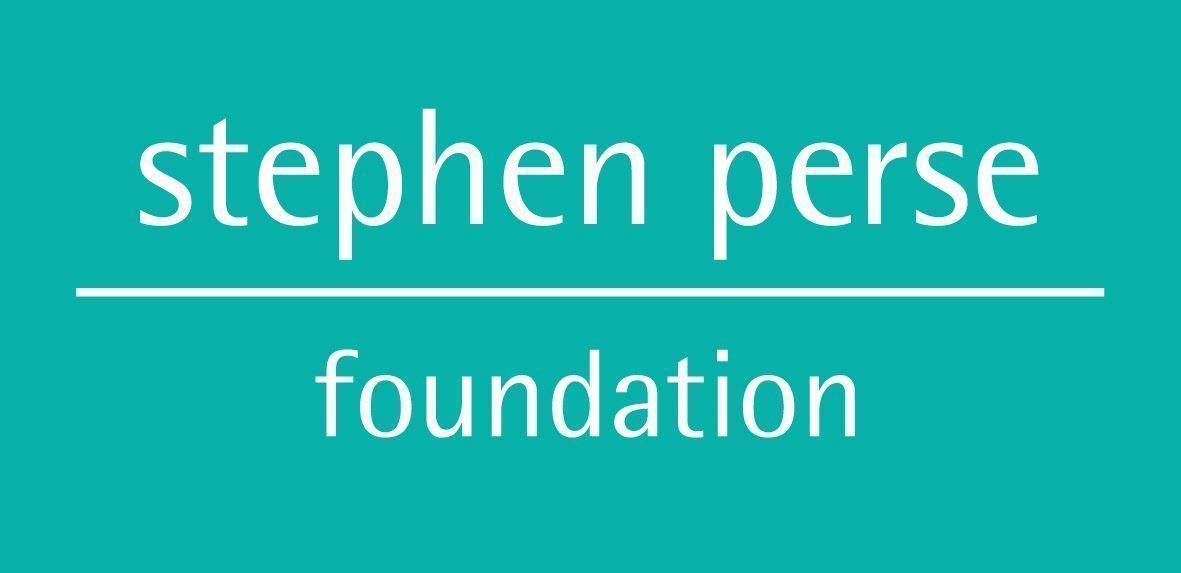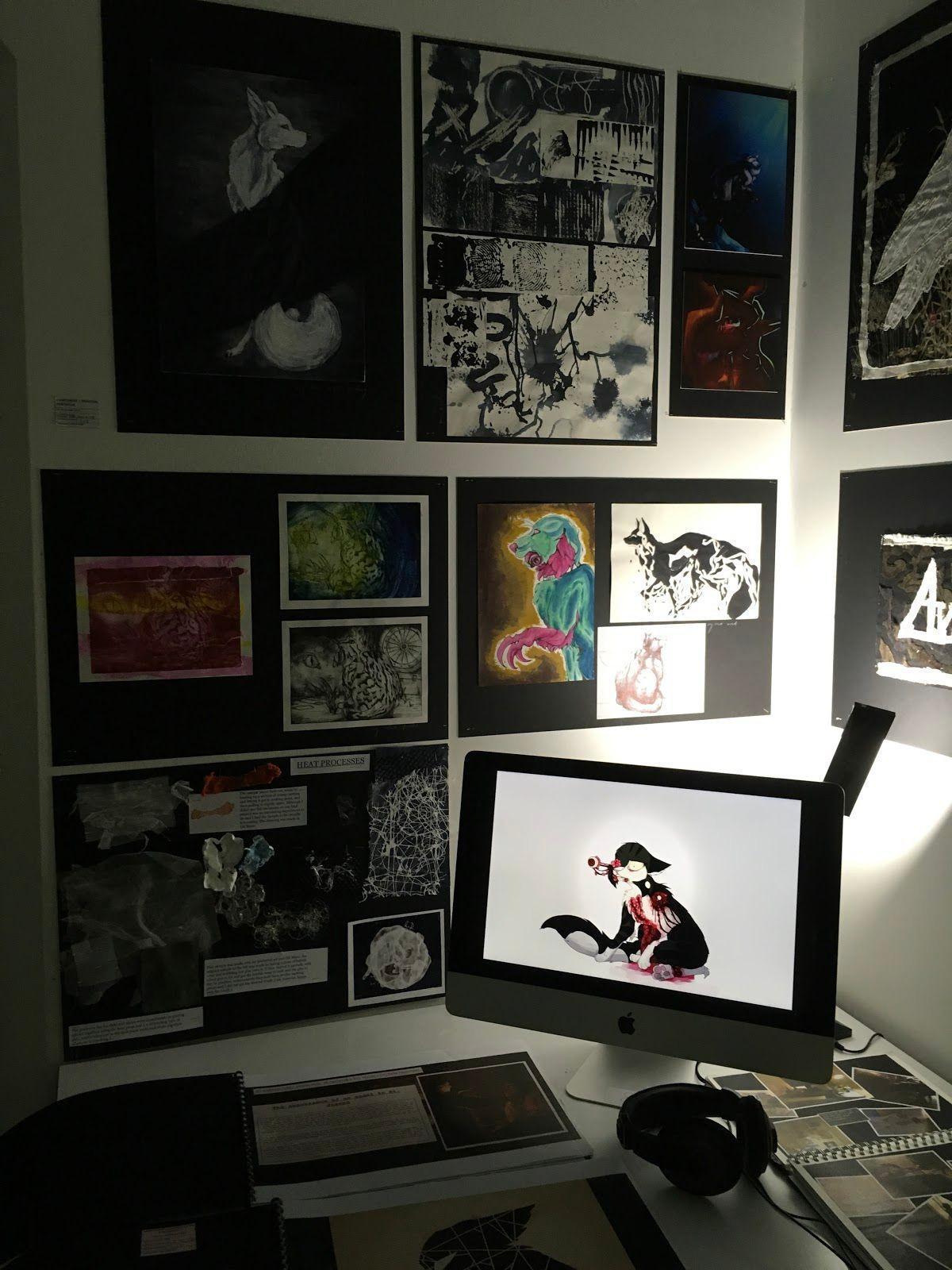
38 minute read
Sciences
Biology, Chemistry and Physics are studied as an important part of the core curriculum. You will be taught for three lessons per week per subject if you opt to continue to study for GCSEs in all three separate sciences (Triple Science). Alternatively, you may choose to take a reduced science course leading to GCSE Combined Sciences which is worth two GCSEs. In this case you will continue to have separate Biology, Chemistry and Physics lessons, totalling six lessons per week. We will be following well-established GCSE Science courses that will provide you with a thorough knowledge of the fundamentals of the three sciences. The work covered will encourage your curiosity and will develop your understanding of the world around you. It will also form an excellent platform for potential further study at Sixth Form level.
Your Science lessons will include a wide variety of activities such as student experiments, practical demonstrations, class discussion and debate, and ICT simulations and modelling.
Biology GCSE Edexcel 1BIO (9-1)
Biology is the study of living things. You will discover how plants and animals function, including the human body, and the requirements for healthy living. You will learn about the role of Biology in society today and its importance in environmental contexts.
Course Content
The course in Years 10 and 11 is a continuation of the material studied in Year 9. Topics covered include health and disease, plant structure and function, mammalian physiology and ecosystems and material cycles. The remaining core practicals will also occur during Year 10 and 11.
Chemistry GCSE Edexcel 1CH0 (9-1)
Chemistry is the study of matter and the materials that make up the world. In this course you will be studying the nature of that matter, from the atom up. You will learn how scientists can make new materials, using the world’s resources wisely.
Course Content
The course in Years 10 and 11 is a continuation of the material studied in Year 9. Topics covered include atomic structure, bonding and the periodic table, qualitative and quantitative analysis, organic chemistry and fuels, rates and equilibria.
Physics GCSE Edexcel 1PH0 (9-1)
Physics explains how the world around us works. Studying Physics will help you understand natural phenomena and technological advances, as well as developing your problem-solving skills. It will also put you in a better position to make your own decisions about important issues such as climate change.
Course Content
The course in Years 10 and 11 is a continuation of the material studied in Year 9. Topics covered include light, electricity, the particle model and electromagnetism.
Combined Science GCSE
Edexcel 1SC0 (9-1) (worth two GCSEs)
This course will contain two thirds of the material covered in the three separate sciences and will provide two GCSE grades. It will be graded and certificated on a 17-point scale from 9–9 to 1–1 using the total subject mark where 9–9 is the highest grade and grades such as 8-7 are possible. It is suitable for those students who would like to spend less of their curriculum time on science. Although it would be preferable to take triple science if you intend to study science subjects at A Level or Higher Level IB, GCSE Combined Science would not necessarily preclude this.
Practical work in the sciences
For all the science GCSE subjects it is mandatory for students to complete specified core practicals during the course. You have already done some of these in Year 9, and there will be more to complete in Years 10 and 11.
Assessment in the sciences
Biology, Chemistry and Physics will each be assessed by two written papers of length one hour 45 minutes. Combined Science will be assessed by six written papers of length one hour 10 minutes. All the exams will be taken at the end of the course.
The Examined Options
Art and Design GCSE Edexcel 1ADO, Art, Craft and Design (9-1)
The GCSE in Art and Design is a broad and flexible course that requires you to develop an appreciation of the creative process through a practical response, using a variety of two-dimensional and three-dimensional media, materials, techniques and processes. You will explore critically how artists, craftspeople and designers from diverse cultures, times and societies have arrived at solutions and communicated meaning using the formal elements and will use this knowledge when developing new ideas, recording observations and creating outcomes which fully realise your personal intentions.
Course Requirements This GCSE Art and Design qualification requires students to:
● actively engage in the creative process of art, craft and design in order to develop as effective and independent learners, and as critical and reflective thinkers with enquiring minds develop creative, imaginative and intuitive capabilities when exploring and making images, artefacts and products become confident in taking risks and learn from experience when exploring and experimenting with ideas, processes, media, materials and techniques develop critical understanding through investigative, analytical, experimental, practical, technical and expressive skills develop and refine ideas and proposals, personal outcomes or solutions with increasing independence acquire and develop technical skills through working with a broad range of media, materials, techniques, processes and technologies with purpose and intent develop knowledge and understanding of art, craft and design in historical and contemporary contexts, societies and cultures develop an awareness of the different roles and individual work practices evident in the production of art, craft and design in the creative and cultural industries
Course Content
You will have four 40 minute periods of Art per week with an expected minimum of one hour of homework to accompany this. On this course you will follow the Art, Craft and Design Edexcel (2016) Specification for which you will produce a Personal Portfolio (worth 60%) in response to a given theme, which is currently ‘Identity ’
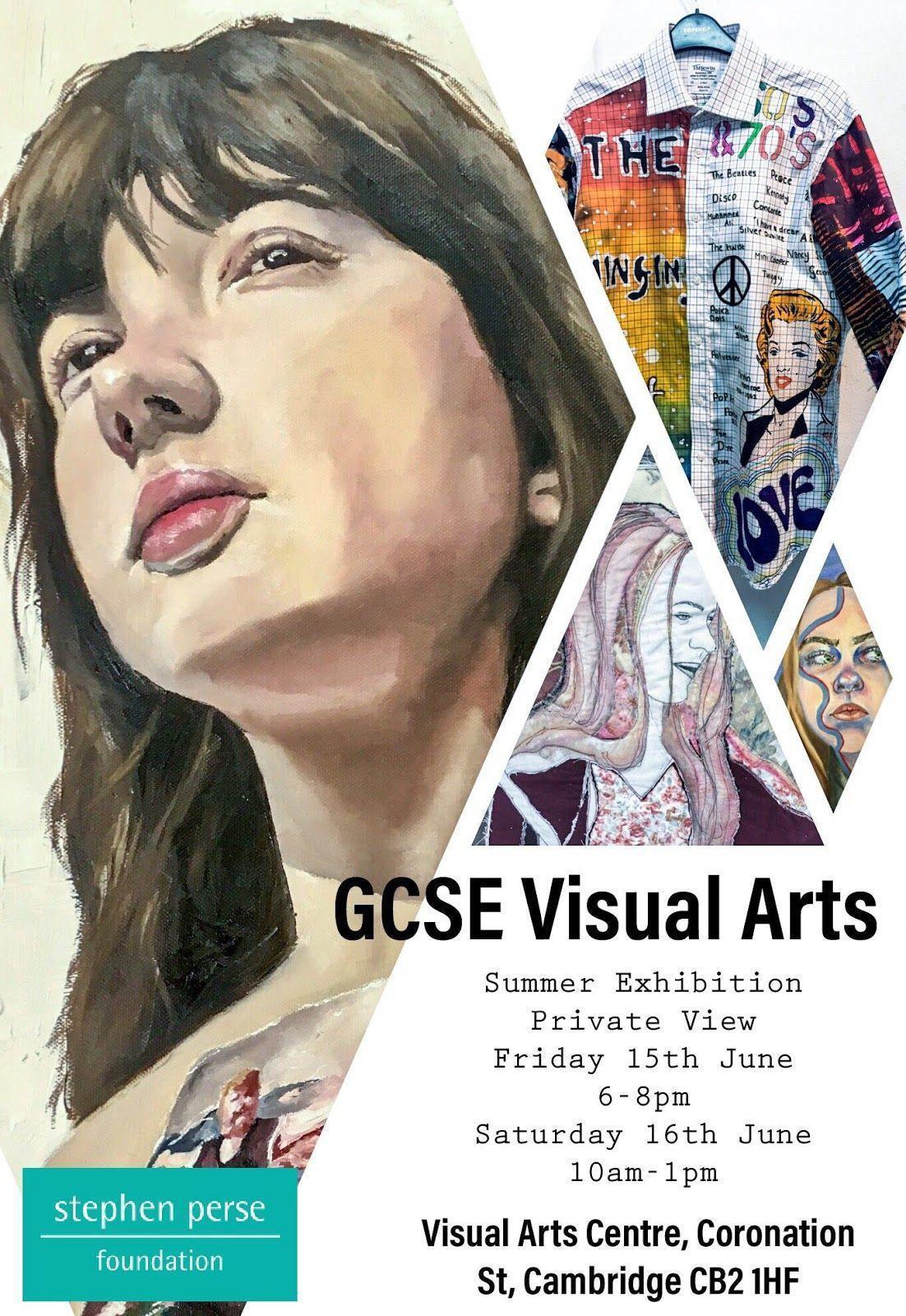
Year 10
You will study three interlinked projects, each exploring aspects of Fine Art (painting and printmaking), Art Textiles (felt making, heat processes, surface design and applique work with material), and Digital Art (animation, photography and moving image). Each project brief is designed to develop your skills, knowledge and understanding when using different techniques, enabling you to experiment and explore the work of other artists in relation to your own. Most work will take the form of practical workshops in lessons and research, drawing and note making using a sketchbook. In this specification, drawing is given a special emphasis. Please note that you are not required to demonstrate technical mastery of drawing skills unless this is relevant to your area of study Drawing is at the heart of art, craft and design – from initial sketches and detailed observations to wild mark-making and expressive lines – and forms a core element of the practice of artists, craftspeople and designers. You will be made aware that drawing takes many forms, from two-dimensional mark-making to lines made using materials to define three-dimensional space, and you will be taught how to develop a range of drawing techniques and processes in order to communicate developing ideas clearly.
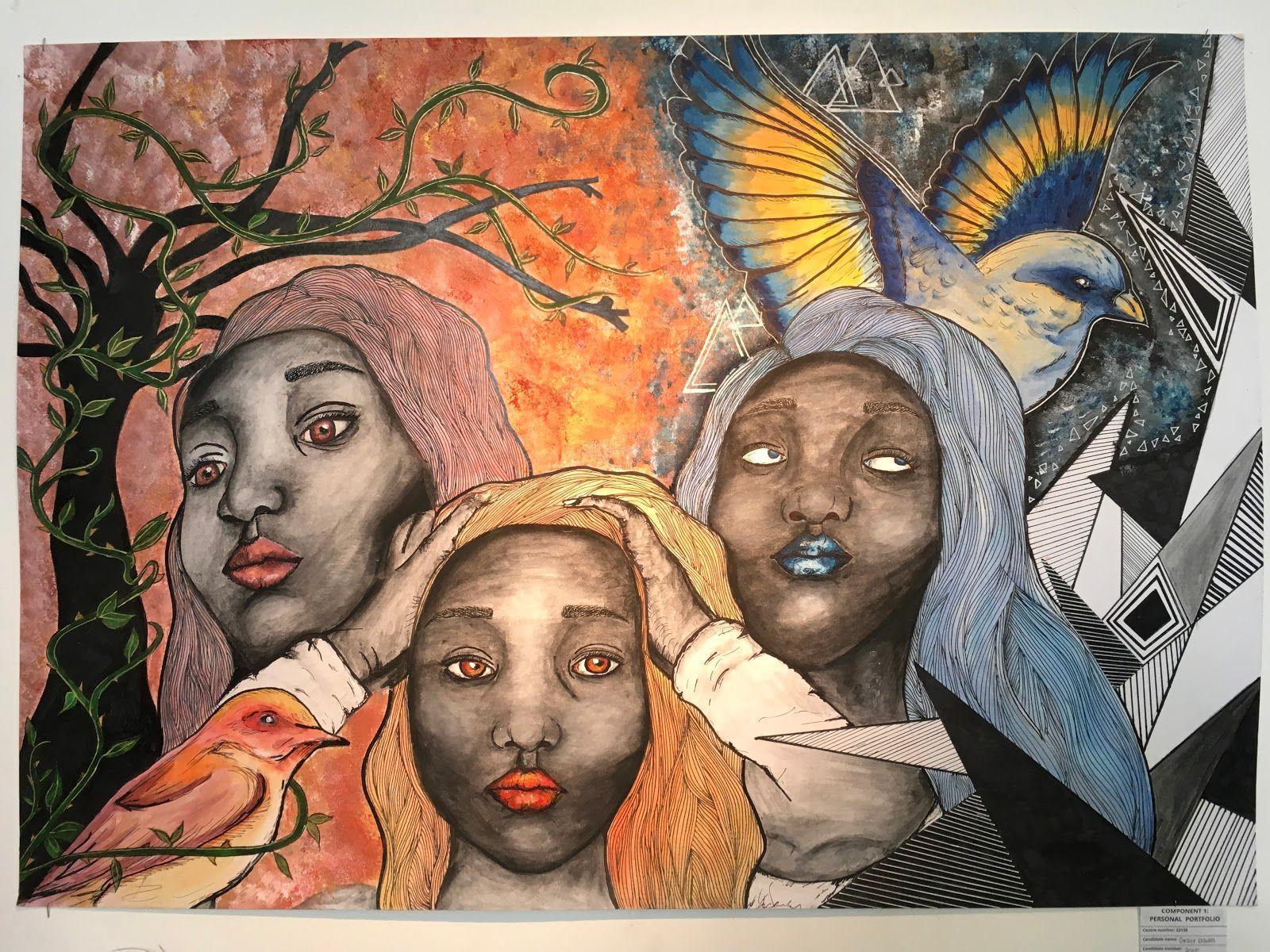
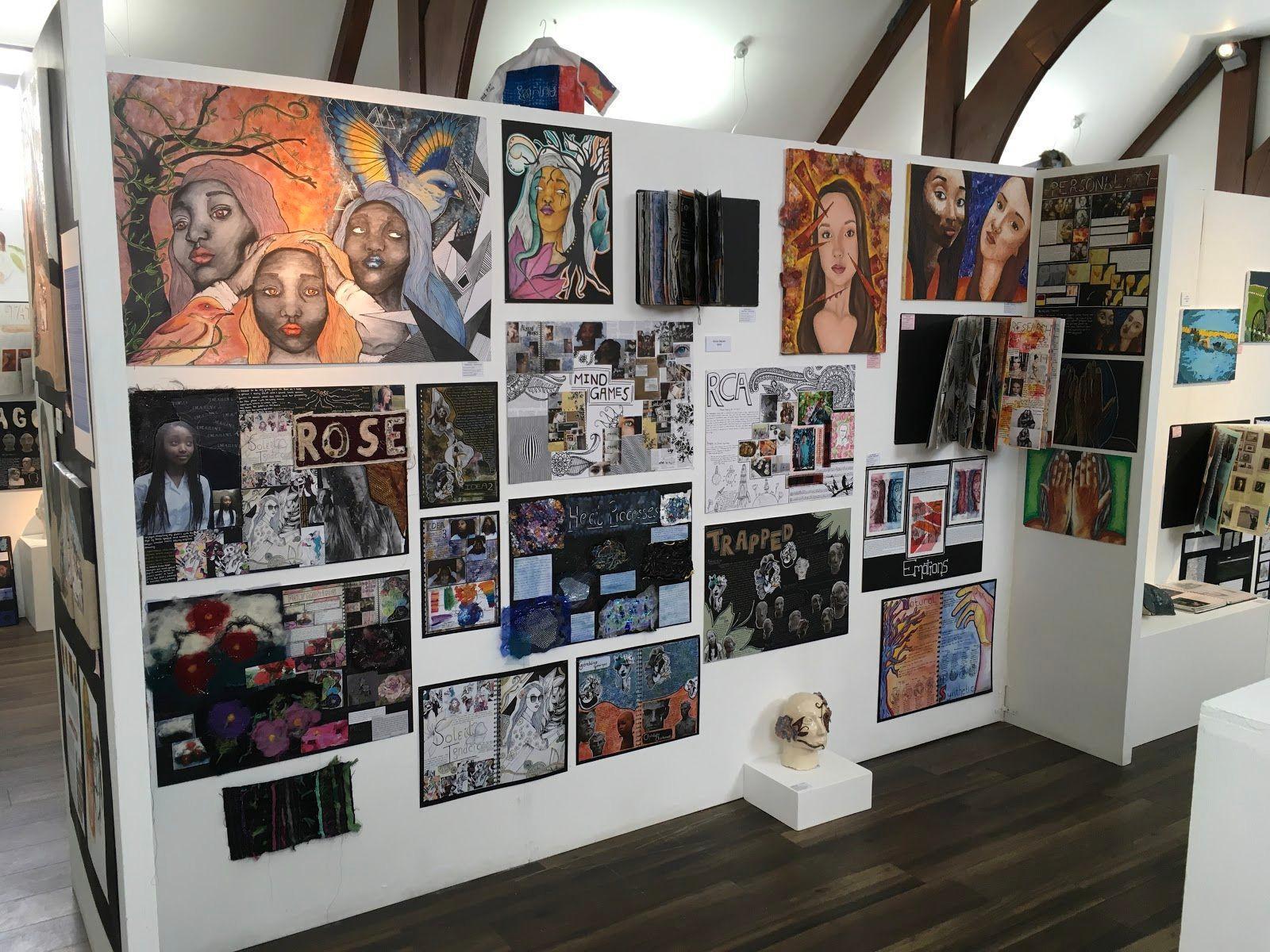
Year 11
During your second year, you will be encouraged to build upon skills and techniques learnt in order to produce a more considered body of coursework with supporting work. The emphasis is more on personal independent creative work, supported by regular tutorials and guidance. This year you will remain with a single tutor, working in the medium and techniques you have shown the most skill and interest in.
The final assessment consists of an Externally Set Assignment (external examination worth 40%). This will be set in the Spring Term. The exam theme is launched by the exam board and released to students in January. You are given a set starting point or theme and then asked to produce preparatory work that will be taken into the examination. Preparation time is at least eight weeks and following this, there will be a 10-hour examination to produce a piece of work.
Exhibition and Digital Portfolio
All students will be expected to build a digital portfolio over their course, using a variety of online platforms to promote and store images of their work. Students find this useful for applications and work experience placements as well as in gaining job interviews and commissions in the creative industries.
At the end of the summer term, all students will be expected to present a professional exhibition of their work for public viewing at the Visual Arts Centre. The external moderator will visit this in the year of the student's graduation to moderate the marks awarded by their teacher.
Assessment
All students must create a portfolio of work which consists of: ● Component 1: Personal Portfolio worth 60% ● Component 2: Externally Set Assignment worth 40%
Further Opportunities
By selecting an enjoyable course designed to promote high levels of visual literacy, you will gain excellent transferable skills in investigation and research, presentation of ideas and complex concepts to an audience, and immense pride in the sense of having created your own unique pieces of work. You will gain invaluable skills in time management, working to deadlines and collaboration with your peers. Careers related to Britain’s creative industries are numerous but some might include: Advertising and Marketing Communications, Animation, Fashion and Textiles, Film, Games, Photo Imaging, Publishing, Radio, Television, and Visual FX.
Classical Greek GCSE OCR J292 (9-1)
This course is a two year accelerated course: no prior knowledge of Greek is required, and by the end of the course you will have GCSE standard language skills and you will have read some original Classical Greek literature. The course is fast-paced, and if you are keen for a stimulating challenge then this could be the course for you.
Course Content
In Year 10 you will work mainly on your knowledge of Classical Greek vocabulary and grammar. Greek is a fascinating language, and - through studying it - you will come across concepts which you may not yet have thought about, and you will practise using codes and information in a logical and accurate way. You will practise translating from Greek into English and from English into Greek, and throughout this year you will improve your understanding of the structures of language. You will work to a programme of regular learning and consolidation tests: the aim is to build a confident and accurate grasp of the language.
In Year 11 you will start to read original Greek texts. These will include an extract from one of Homer’s great epic poems: these date from nearly 3000 years ago and are the oldest existing works of Western literature. In addition to this you will read an extract from a prose text; this could be a law court speech or an extract from Ancient History, and through this study you will gain direct access to the remarkable world of Classical Greece.
Assessment
The GCSE syllabus is equally divided between language work and the study of original texts. For the language papers you will be expected to translate from Greek into English and to be able to answer some grammatical questions about the passage you are translating. The literature papers will test your knowledge, understanding and appreciation of the texts you have studied in class. There is no coursework.
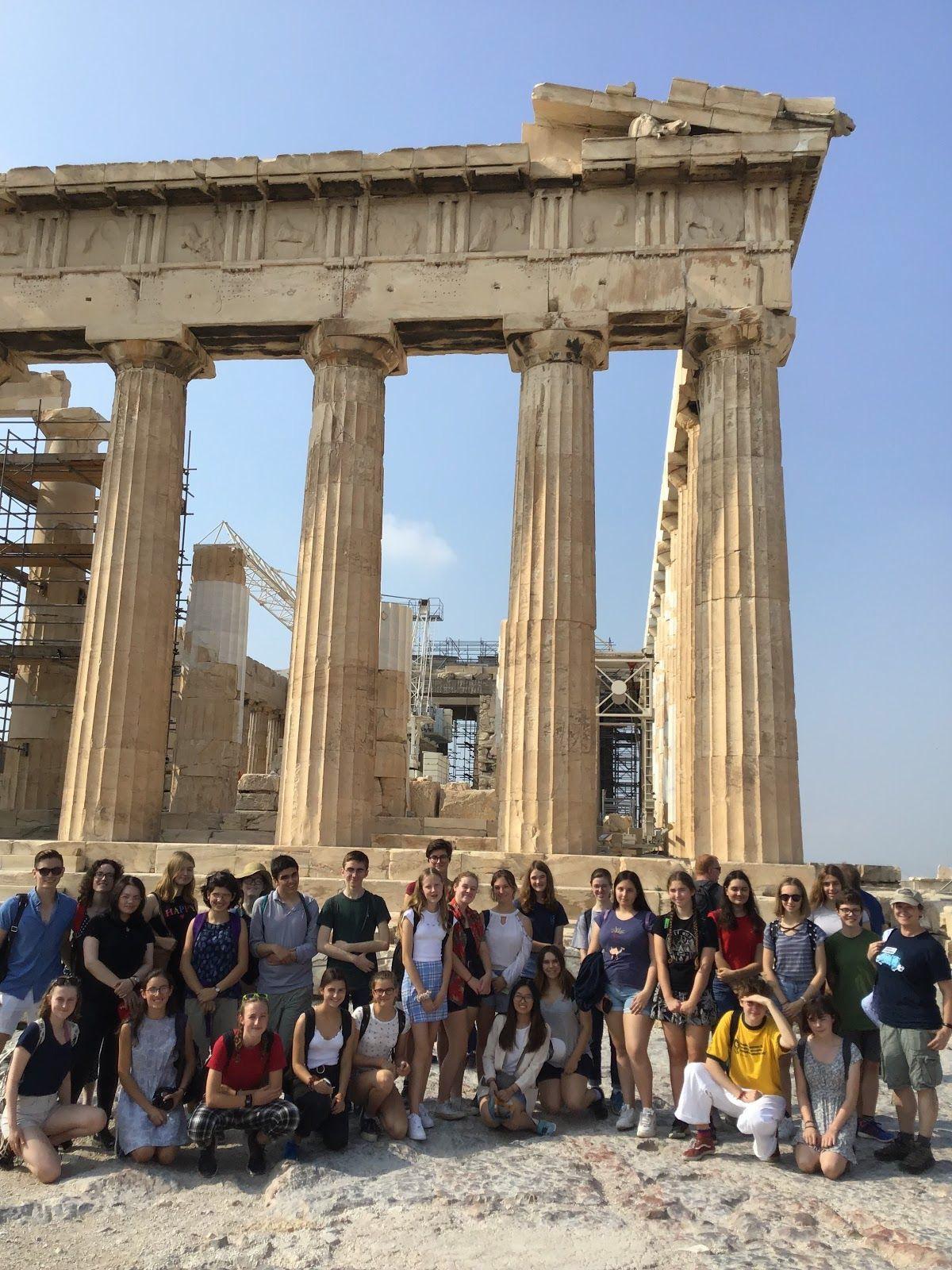
Latin GCSE OCR J282 (9-1)
GCSE Latin is an exciting progression from the work you are doing in Year 9. The GCSE course will help you sharpen and deepen your understanding of grammatical structures and rules, and it will also give you the opportunity to read extracts from original Latin texts, which are ranked among some of the greatest Western literature ever written.
Course Content
In Year 10, translation work is the main focus, and you will work on increasingly complex Latin sentences and constructions. As you develop your understanding of Latin, you will also improve your understanding of English and of the structures of language in general: you will learn to think about how we build sentences and the options that are available for expressing ideas in different ways. A programme of regular learning and consolidation tests will help you build the confidence and accuracy with which you approach translation work.
In Year 11 you will start to read some original Latin texts: these are likely to include an extract from Virgil’s great epic poem - The Aeneid - and you can expect to engage with interesting questions arising from this poem, such as the role of an individual within a society, or how best to handle our emotions. You will improve your ability to identify nuance within a written text and your appreciation of poetic styles. You will study a prose text too such as extracts from letters written by Pliny.
Assessment
The GCSE syllabus is equally divided between language work and the study of original texts/materials. For the language papers you will be expected to translate from Latin into English and to be able to answer some grammatical questions about the passage you are translating. The literature papers will test your knowledge, understanding and appreciation of the texts you have studied in class. There is no coursework.
Latin as an 11th GCSE
Students who opt to study Classical Greek will also have the option of continuing with Latin as an extra GCSE, delivered via a compressed two period a week course. This course will prepare for the OCR GCSE in Latin at the end of Y11, but it will make use of the overlap between Greek and Latin in order to cover the ground in half the usual teaching time. Students who opt for Latin as an add-on will be studying it in addition to the usual maximum of 10 GCSEs: as such, the add-on option is only for those students who are confident that they can manage an increased work-load, and whose work in Latin in Y9 has been strong enough to make it possible for them to manage a fast-paced course in Y10 and Y11.
Computer Science IGCSE CIE 0984 (9-1)
A Computer Science IGCSE is your first step to building the confidence to program tomorrow ’s apps, and to tackle the ever-evolving world of information technology. You will study the principles and practices of computing, computational thinking and programming. You will write computer code and develop your skills in problem-solving using computers, and will be offered the opportunity to work on extracurricular games development, as well as build cyber-security skills. You will also have the opportunity to apply your understanding to develop computer-based solutions to problems using algorithms and a high-level programming language such as Python. However, it is equally important for you to be able to recognise the ethical issues and potential risks when using computers, and these are addressed in the topics of ethics and security. Understanding the principles of computer science also provides you with the underpinning knowledge required for many other subjects in science and engineering, and the skills learnt can also be used in everyday life.
Course Content
Section 1: Theory of Computer Science
Component 1: Data Representation. ● Binary Systems ● Hexadecimal ● Data Storage
Component 2: Communications and Internet Technologies ● Data Transmission ● Security Aspects ● Internet: principles of operation
Component 3: Hardware and Software ● Logic Gates ● Computer Architecture for the Fetch-Execute Cycle ● Input and Output Devices ● Memory, Storage and Media ● Operating Systems ● High and Low Level Languages and their Translators
Component 4: Security and Ethics
Section 2: Practical Problem-solving and Programming
Component 5: Algorithm Design and Problem Solving ● Problem Solving and Design ● Pseudocode and Flowcharts
Component 6: Programming ● Programming Concepts ● Data Structures: Arrays
Component 7: Databases
Assessment
You will take two papers both one hour 45 minutes in length. Paper 1 is a theory paper and is worth 60%; paper 2 is problem solving and programming paper and is worth 40%.
Note that there is no coursework component with the IGCSE CIE Computer Science syllabus. Instead, you will be given a programming challenge to work on prior to the Summer 2023 examinations with plenty of time to study the problem, and to design and program a solution; you will be asked questions in Paper regarding your approach and solution to this pre-released programming challenge.
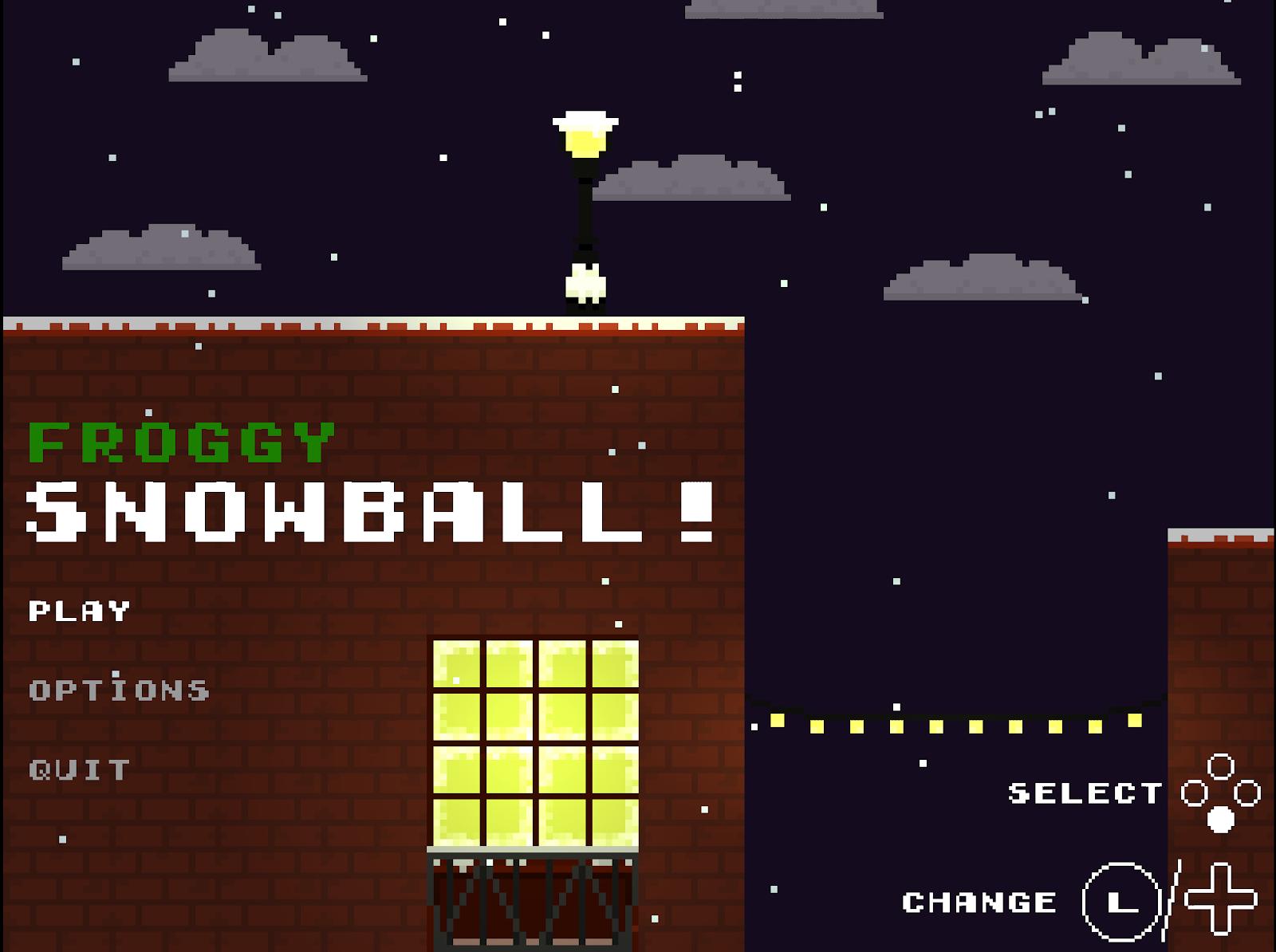
Examples of recent year 10 games development:
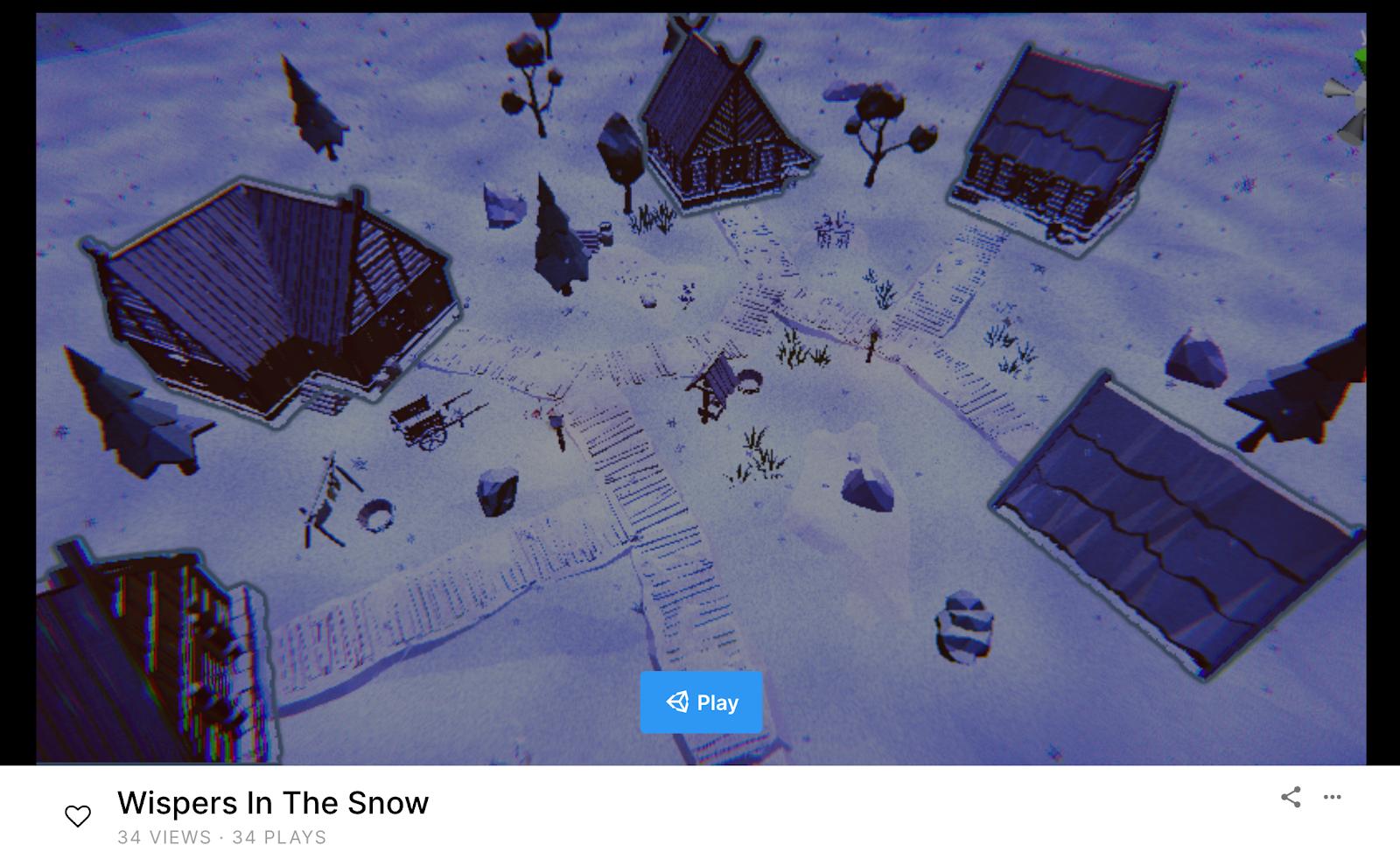
3D Design GCSE Edexcel 1TDO (9-1)
Design is a very rewarding and creative process which leads to varied outcomes from solving specific problems to providing opportunities for self-expression. Designers can produce real or abstract objects, processes, graphics, laws and even ways of communicating. Through design, you can become a critical and informed user of products, an innovator and creative thinker. This course has been designed to encourage you to express original ideas and to develop an adventurous and enquiring mind. You will be inventive with materials and examine the relationship between form and function. You will learn about the circular nature of the design process from concept, formulation and analysis of a brief, research, experimentation to final outcome. There will be interaction with professional designers, local visits, plus a study trip to a major city.
Course Content
Workshop and design sessions using a range of modern materials such as wood laminates, alloys, plastics and ceramics will be used to create your individual portfolio and final piece of practical work. In Year 10 you will be taught a wide range of skills through focused practical tasks. This will be an opportunity for you to experiment with a range of materials and processes and to start to build a portfolio of work.
Through these hands-on exercises, you will be expected to develop a detailed knowledge and understanding of two of the following three areas of study: ● Architectural, Environmental and Interior Design: relationship between space and human interaction (ergonomics); study of the built environment, aesthetics, function and green issues; modelling using mixed media such as acrylic, plywood and foam board. Product Design: product design ideas, drawing skills, CAD, modelling and making skills in mixed materials, shaping, joining and finishing processes. Jewellery Design: working with a range of materials and processes such as forming, embellishing, cutting, bending, casting, enamelling and soldering; understanding the connections between jewellery designs and the work of others.
For these areas of study you will be encouraged to research widely the work of influential architects, artists and environmental, interior and product designers. You will respond creatively to your own design ideas and present your work with a range of techniques and models. A healthy interest in modern media and using the rich selection of books in the library, alongside personal study of your surroundings using photography, are encouraged. Towards the end of Year 10, you will be asked to focus on an area of study and to build on your portfolio of work through into Year 11. During the final two terms, you will work on your Set Examination Task where you will produce a portfolio of work and a final piece.
3D Design is an Art and Design qualification that will follow the Edexcel GCSE Art & Design Specification Three-Dimensional Design (ITDO). Please see Art and Design entry above for more details of the assessment structure.
Assessment
● Portfolio (60%): 120 guided working hours from the two year course presenting one or more 3D pieces. ● Set task (40%): A 10-hour practical examination and a small portfolio of preparation work. Please note that, owing to timetabling and resourcing constraints, this option will be limited to 14 students. It is usually possible to accommodate students who submit their options form by the due date but places for late entries cannot be guaranteed.

Examples of recent work

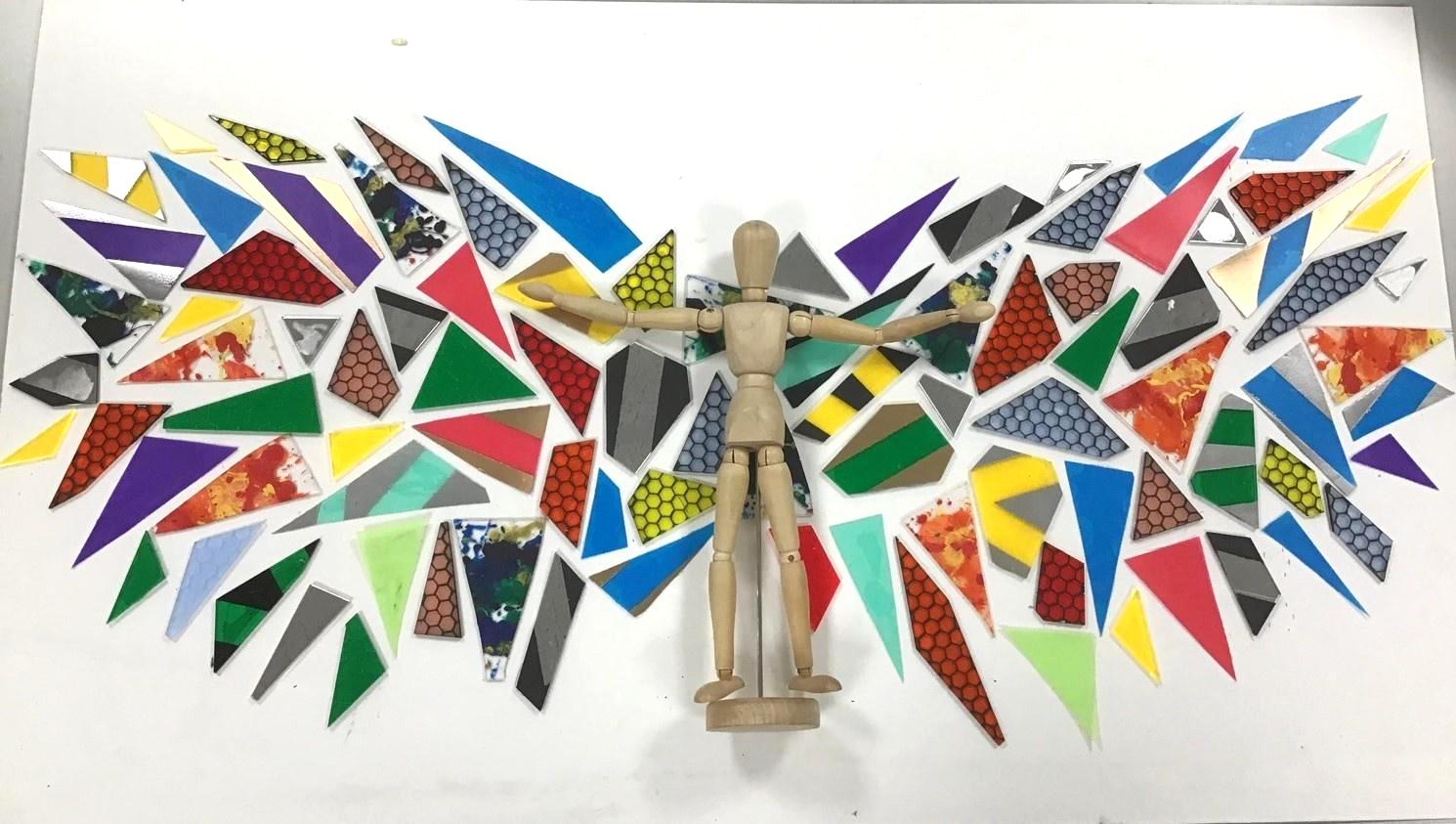
Design and Technology GCSE AQA 8552 (9-1)
GCSE Design and Technology (DT) prepares students for a life in our ever changing technological world, providing opportunities to design and make new products or systems to make positive changes in all aspects of society. Students will learn to be expert problem solvers, gaining a detailed understanding of how materials and processes can be used to create new opportunities in design to make our world a better place to live.
In DT lessons, students learn about designing solutions to improve people’s lives, they are able to make better decisions, they understand more about the impact of products on the world. Students will learn all about designing and making products mainly through practical activities and managing their own projects.
DT is an important subject that connects across many disciplines and can give you: ● greater career opportunities in STEM ● the opportunity to learn practical life skills ● a greater understanding of technology, people and the environment ● a chance to be creative ● problem solving skills ● an understanding of engineering.
Course Content
The course has three main aspects: 1. Core technical principles 2. Specialist technical principles 3. Designing and making principles
In addition: • at least 15% of the exam will assess maths • at least 10% of the exam will assess science
Assessment
Written exam 2 hours - 50% of the GCSE Project work - non-examined assessment (approx. 35 hours) - 50% of the GCSE
Paper 1
● Section A – Core technical principles (20 marks) A mixture of multiple choice and short answer questions assessing a breadth of technical knowledge and understanding.
Section B – Specialist technical principles (30 marks) Several short answer questions (2–5 marks) and one extended response to assess a more in depth knowledge of technical principles.
Section C – Designing and making principles (50 marks) A mixture of short answers and extended response questions.
Non-examined assessment (NEA)
Over the course of 30-35 hours of work, Students will produce a prototype and a portfolio of evidence which is marked by the centre and then moderated externally. Students will create projects from a selection of themes or challenges set by the exam board.
Assessment criteria: ● Identifying and investigating design possibilities ● Producing a design brief and specification ● Generating design ideas ● Developing design ideas ● Realising design ideas ● Analysing & evaluating
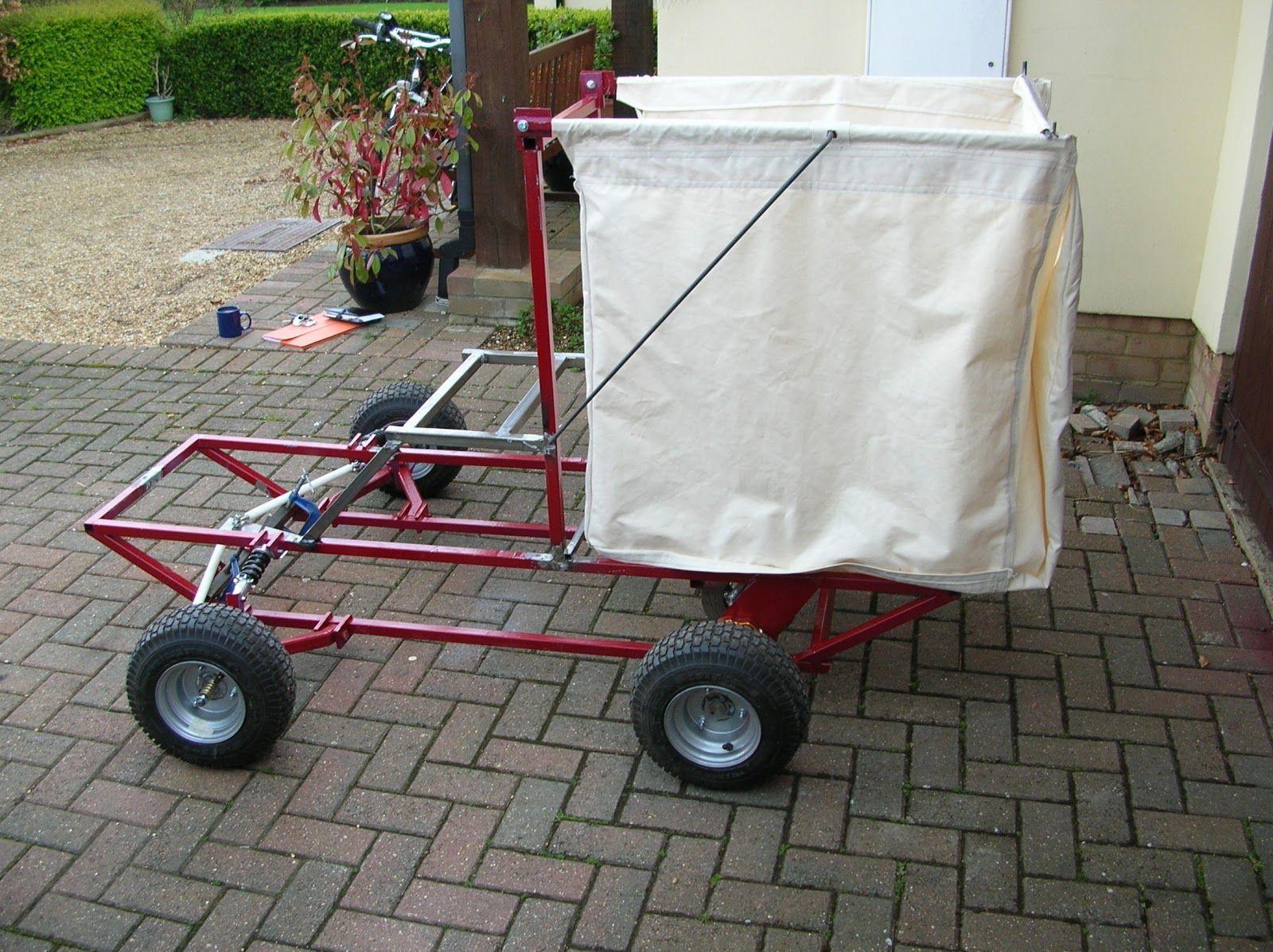
Examples of DT Projects
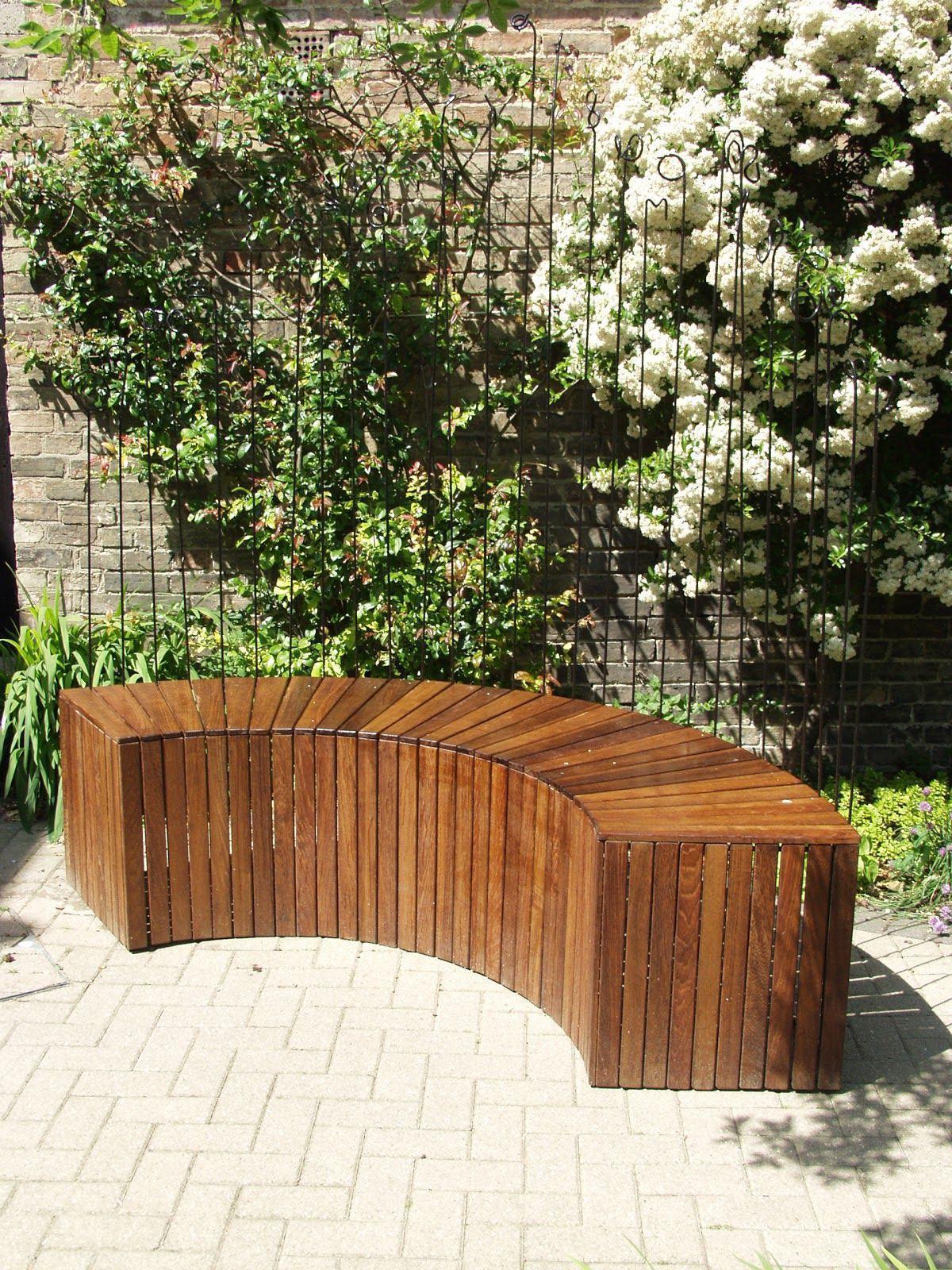

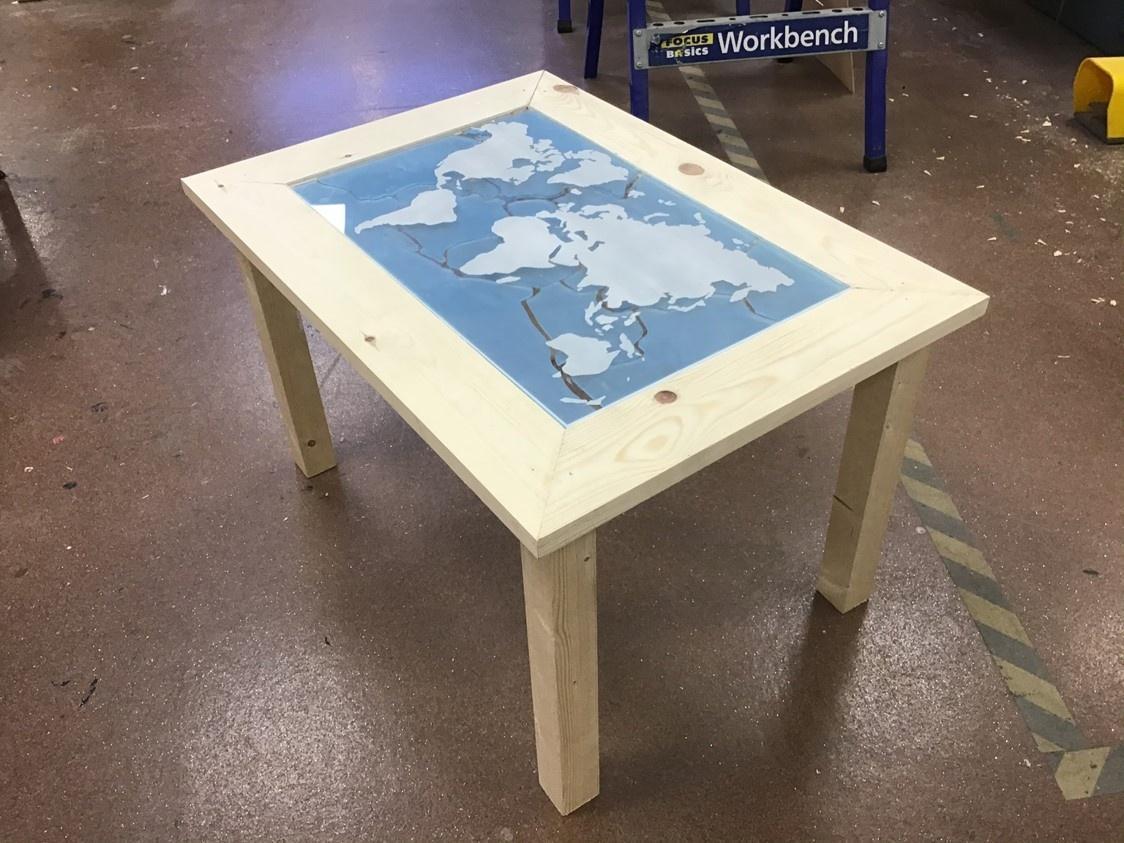
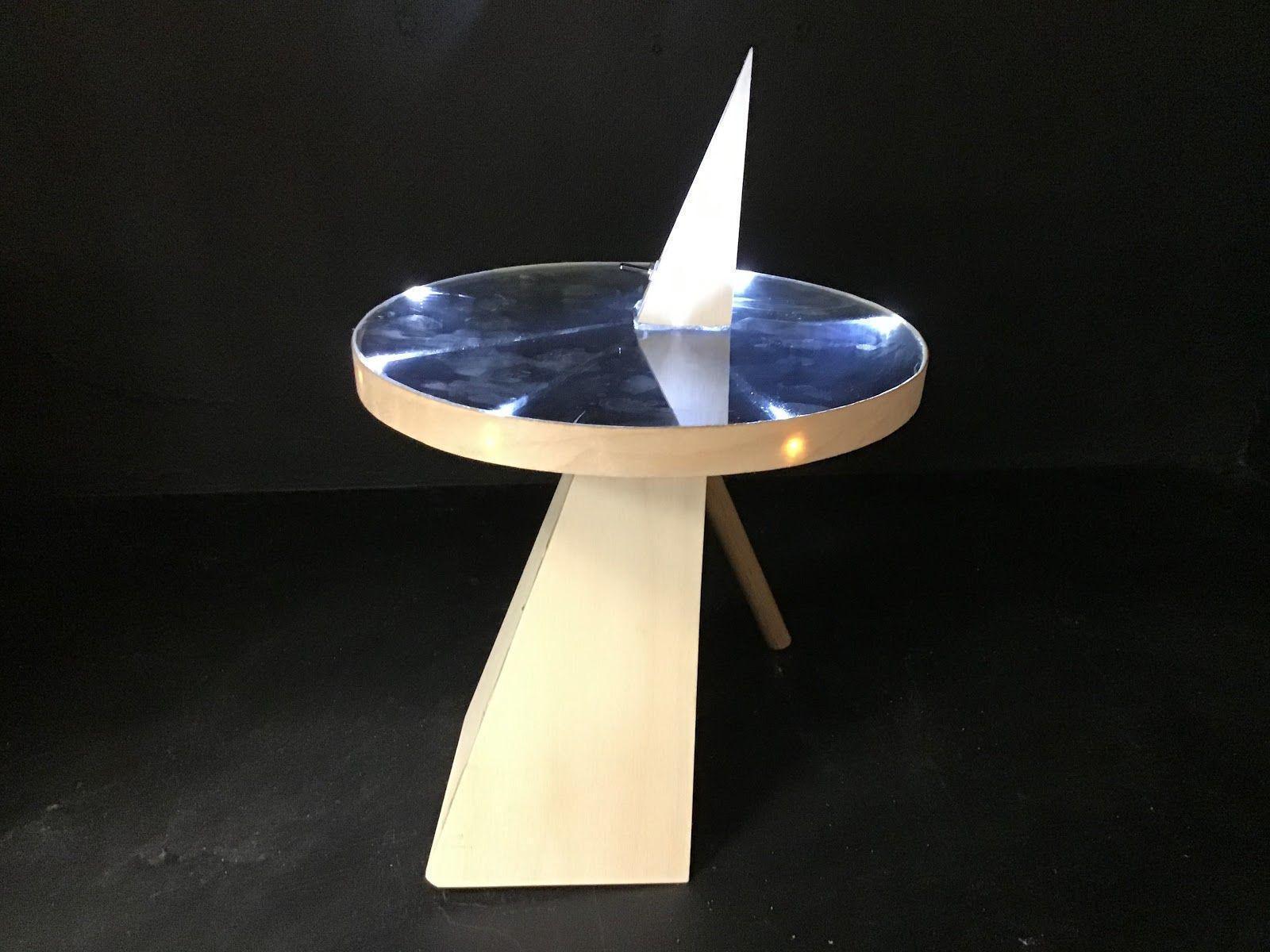
Drama IGCSE CIE 0994 (9-1)
The IGCSE Drama course is very practical. It will enable you to build on your performance skills and develop your understanding of how live theatre is created. You will work collaboratively with other members of the group to create and perform in a number of different pieces of theatre, both script based and devised. Although you will take the role of performer in the pieces, you will also consider other aspects of creating theatre, such as the lighting and sound, the set and costumes and the role of the director. You will also develop your individual performance skills to perform a monologue.
Course Content
All lessons have a very practical focus. Each term you will take part in whole class workshops to develop your performance skills and to introduce you to different styles of theatre. You will then be set performance-based projects in small groups: you will either be given a piece of script or asked to create your own piece of original theatre from a stimulus. In each case you will work with your group to decide how to develop your ideas into a polished piece of theatre and you will then spend several weeks rehearsing. You will perform your finished pieces to the class with sound, lighting, props and, if appropriate, set and costumes. Your teachers will work with you throughout and advise you on how to improve your work.
In order to enrich and inspire your own performance work, you will take part in a number of external workshops and theatre visits throughout the two years. Through watching live performances you will develop a stronger understanding of a wide variety of different theatrical techniques employed by actors, directors and designers that enable them to communicate their ideas to an audience.
Assessment Written assessment (40% of final mark)
At the end of the course there is a 2½ hour written paper which is divided into three sections: in Section A and B you will answer questions on two prescribed extracts of text and in Section C you will answer questions on a piece of devised performance that you will have created during the course. In preparation for this paper you will develop the skills needed to write from the perspective of the performer, director and designer. You will learn how to analyse and evaluate your own performance work, both as an actor and as a contributor to the devising process.
Practical components (60% of final mark)
During the course you will create, develop, rehearse and perform three group pieces. The mark you receive for two of these performances will count towards your final grade. You will also prepare and perform a monologue from a published play and this mark will also count towards your final grade. All performances are filmed and internally assessed by your teachers but they may be externally moderated.
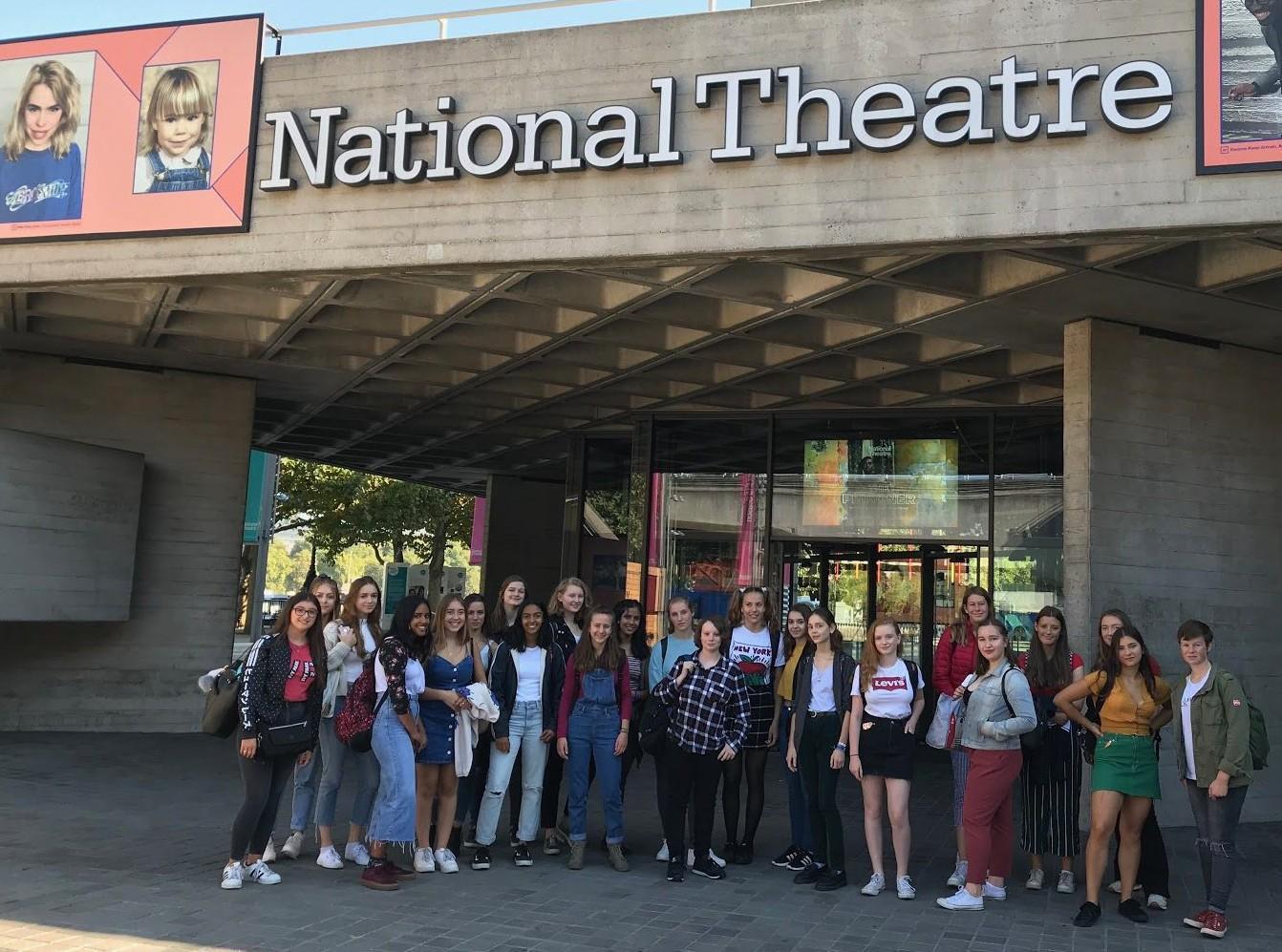
Further Opportunities
Drama IGCSE will help you to develop a number of highly useful transferable skills that will serve you well, whatever direction your future studies take you. You will spend much of the course working as part of a team which will help develop your ability to collaborate. You will develop the necessary language skills to communicate your ideas and opinions and you will become much more confident presenting your work and your ideas in front of an audience.

Geography GCSE AQA 8035 (9-1)
Geography is an academic subject that will enhance your global outlook. It focuses on the major issues affecting the UK and the world today, whether natural hazards or urban growth. It creates an important link between other subjects, whether Maths, English or Science by applying many of their elements to the real world. It develops knowledge and understanding and shows you how you can contribute to a future that is both sustainable and inclusive.
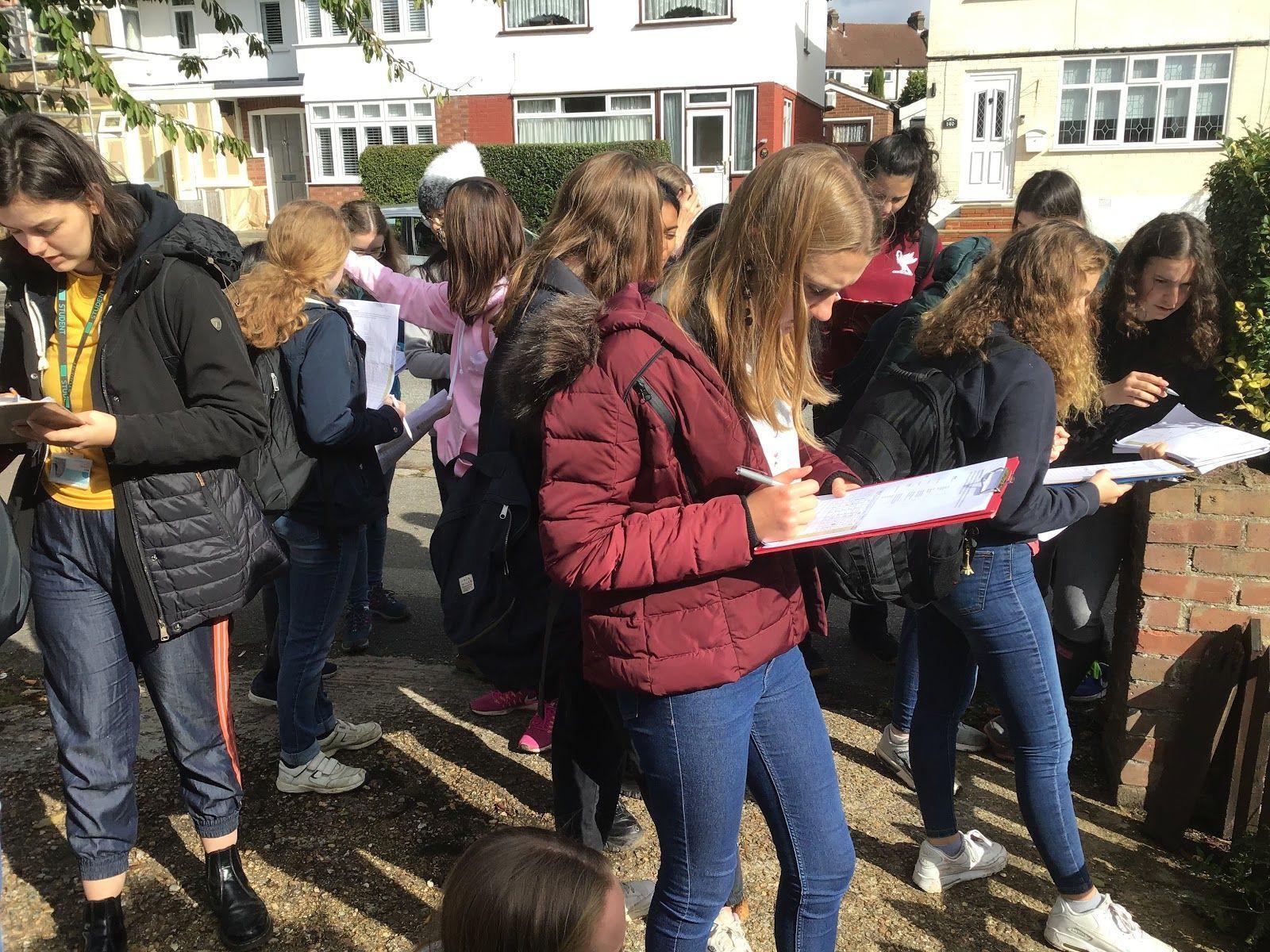
This course encourages you to be an inspired and motivated learner with an emphasis on developing essential skills that will enable you to become a reflective, analytical thinker with an enquiring mind. These qualities are highly regarded by both universities and employers as they enable you to be an independent thinker who has skills that transfer across the arts and the sciences.

Course Content
There are three key component areas which focus on a wide range of examples from around the world and the United Kingdom. You will develop your understanding and knowledge of these areas through discussion, enquiry, research, analysis and fieldwork.
Component 1: Living with the physical environment. ● The challenge of natural hazards ● The living world ● Physical landscapes in the UK
Component 2: Challenges in the human environment. ● Urban issues and challenges ● The changing economic world ● The challenge of resource management
Component 3: Geographical applications ● Issue evaluation (based on one of the six units above) ● Fieldwork
Assessment
● Paper 1: 1 hour 30 minutes; 35% of the qualification (88 marks) ● Paper 2: 1 hour 30 minutes; 35% of the qualification (88 marks) ● Paper 3: 1 hour and 30 minutes, 30% of the qualification (76 marks) ● There is no coursework (fieldwork is assessed in Paper 3)
History IGCSE CIE 0977 (9-1)
History is a people-centred subject. The study of how people behaved in the past provides an endless source of fascination. IGCSE History gives you the opportunity to study some of the major events of the 20th century including analysing the impact of the First World War, the rise and fall of Germany, the Cold War through to more recent events in the Middle East. History encourages you to reflect upon the world around you and make links between the problems you see today and the topics you discuss in the classroom. The focus of lessons is firmly on discussion and debate, and even disagreement, encouraging you to form your own opinion on the historical events that continue to shape the world that you live in. IGCSE History enables you to develop the skills that will be invaluable in your future, such as the capacity to think independently, overcome thought-provoking intellectual challenges and construct your own viewpoint. It hones your ability to think critically and gives you the personal confidence to challenge existing interpretations. These skills are very highly regarded by universities and employers and History maintains a strong reputation as a valuable and rigorous qualification. This is a challenging, but highly rewarding course with a real focus upon enabling you to think for yourself.
Course Content
The course covers aspects of the development of the modern world, focusing on the period 1918-1990. The core content will focus on International Relations since 1919. We will explore how it was possible that another global conflict started only twenty years after the First World War, examining the ‘ roaring twenties’ and the historical significance of dictators such as Hitler in the 1930s. You will also study the Cold War, a period when the world stood at the edge of nuclear destruction. You ’ll learn about the historical context of many events that Hollywood likes to dramatise including the Vietnam War that inspired films such as ‘Forrest Gump’ through to recent offerings such as ‘1917’ . The History department is committed to a cross-curricular approach to learning. Visits to the battlefields and cemeteries of Ypres and Somme at the end of Year 9 provide the opportunity to consider first-hand the impact of World War One and to reflect on contrasting approaches to remembrance and commemoration. The department also organises trips to Berlin so that events studied in the classroom can be considered in their actual context.
Assessment
Coursework makes up 27% of your final grade, where you will work on one piece of extended writing. You will take two written papers at the end of Year 11, one focusing on factual content and short essays and the other primarily focusing on the critical evaluation of historical evidence, both of which account for the remaining 73% of your grade.
Modern Languages French IGCSE - CIE 7156 (9-1) German IGCSE - CIE 7159 (9-1) Mandarin Chinese GCSE - AQA 8673 (9-1) Spanish IGCSE - CIE 7160 (9-1)
Through the study of modern languages, you will understand and appreciate other cultures and peoples. You will enjoy exploring similarities and differences and relating these to your own experience. You will have the chance to think on your feet, using imagination and creativity. Your skills in listening, reading, writing and speaking will be developed. Studying languages is as important as ever in the modern world and the Stephen Perse Foundation has a long tradition of success in language learning. If you wish to study languages at university, to use them at work, to travel, having two languages at GCSE is a definite advantage.
The Modern Languages Department offers the opportunity to take two languages to IGCSE/GCSE. In Years 10 and 11 you will consolidate the basic structures of language that you have learned and develop your communication skills, discussing topics such as health, travel, the environment around you and hobbies. The teachers place importance on the teaching of grammar and accuracy both in speaking and in written work, and on the customs and culture of the countries, comparing them with our own.
Exchanges, study visits and activities such as Les Joutes Oratoires are arranged during the course. This experience strengthens your knowledge of the language, increases your confidence in speaking and raises your awareness of the culture. We consider these visits to be a most beneficial and worthwhile experience.
Assessment for IGCSE French, German & Spanish
The four key skills of reading, writing, listening and speaking are assessed at the end of Year 11 and each paper carries 25% of the final mark.
The listening paper lasts 45 minutes and students listen to a number of recordings and answer multiple-choice and matching questions. The reading paper lasts 1 hour. Students read a number of texts and answer multiple-choice and matching questions as well as questions requiring short answers. The speaking test is conducted by a member of staff and lasts 10 minutes. Students complete one role play and conversations on two topics. The writing paper lasts 1 hour and students complete one form-filling task, one directed writing task and one task in the format of an email/letter or article/blog.
Assessment for GCSE Mandarin Chinese
The four key skills of reading, writing, listening and speaking are assessed and all papers are equally weighted at 25%. ● The listening paper lasts 45 minutes and students listen to a number of recordings and answer multiple-choice and short written answer questions in English. The reading paper lasts 1 hour. Students read a number of texts and answer questions in English or non- verbally. There is also a short translation from Chinese to English. The speaking test is conducted by a member of staff and lasts 12 minutes. Students complete one role play, a photocard description and general conversation. It is recorded and externally marked. The writing paper lasts 1 hour 15 minutes and consists of 1 structured writing task (75 characters), an open ended task (125 characters) and a translation from English to Chinese.
CARTAGENA SPANISH TRIP 2019

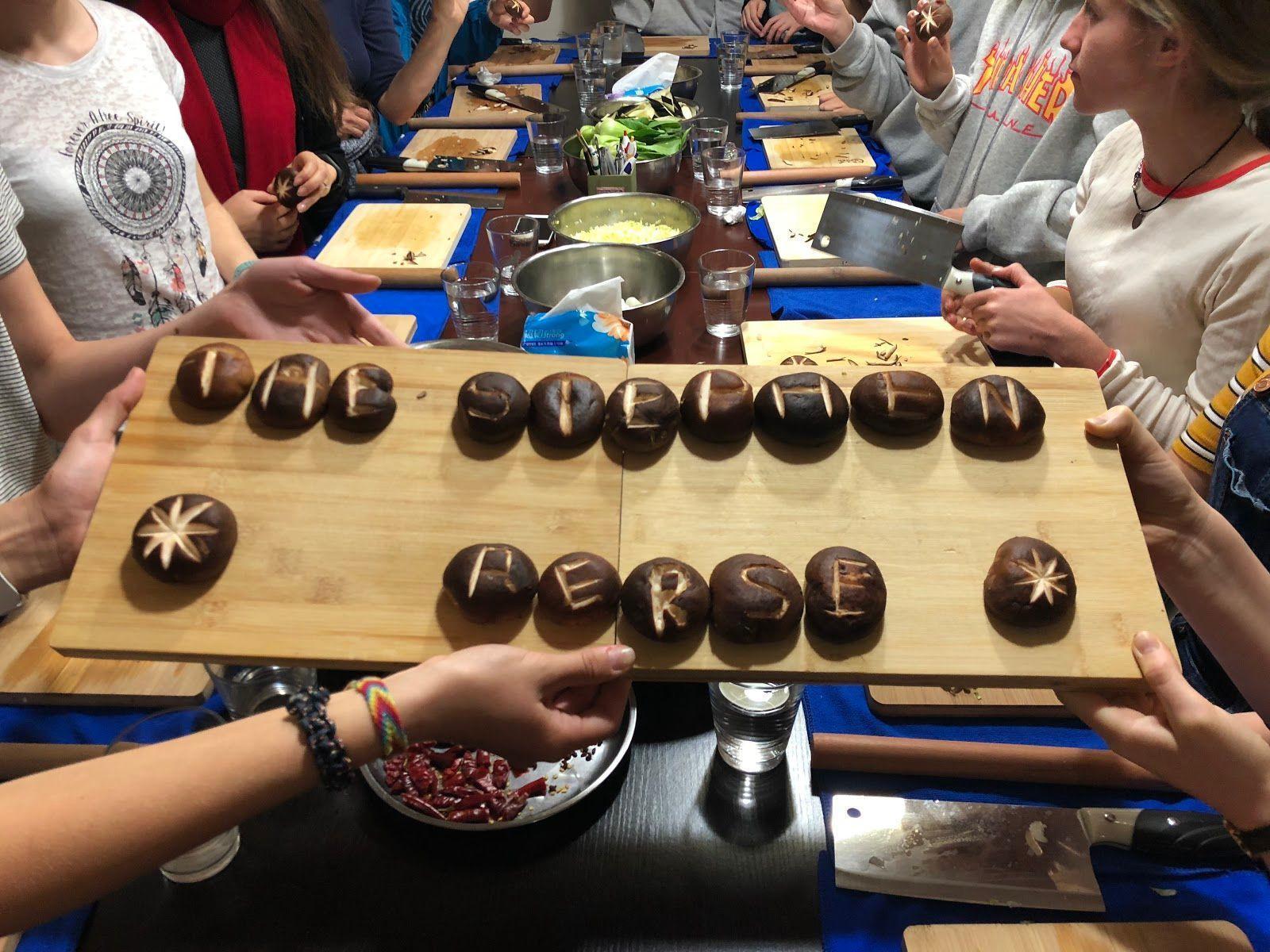
STUDY TRIP TO CHINA OCTOBER 2018 (bi-annual trip usually)
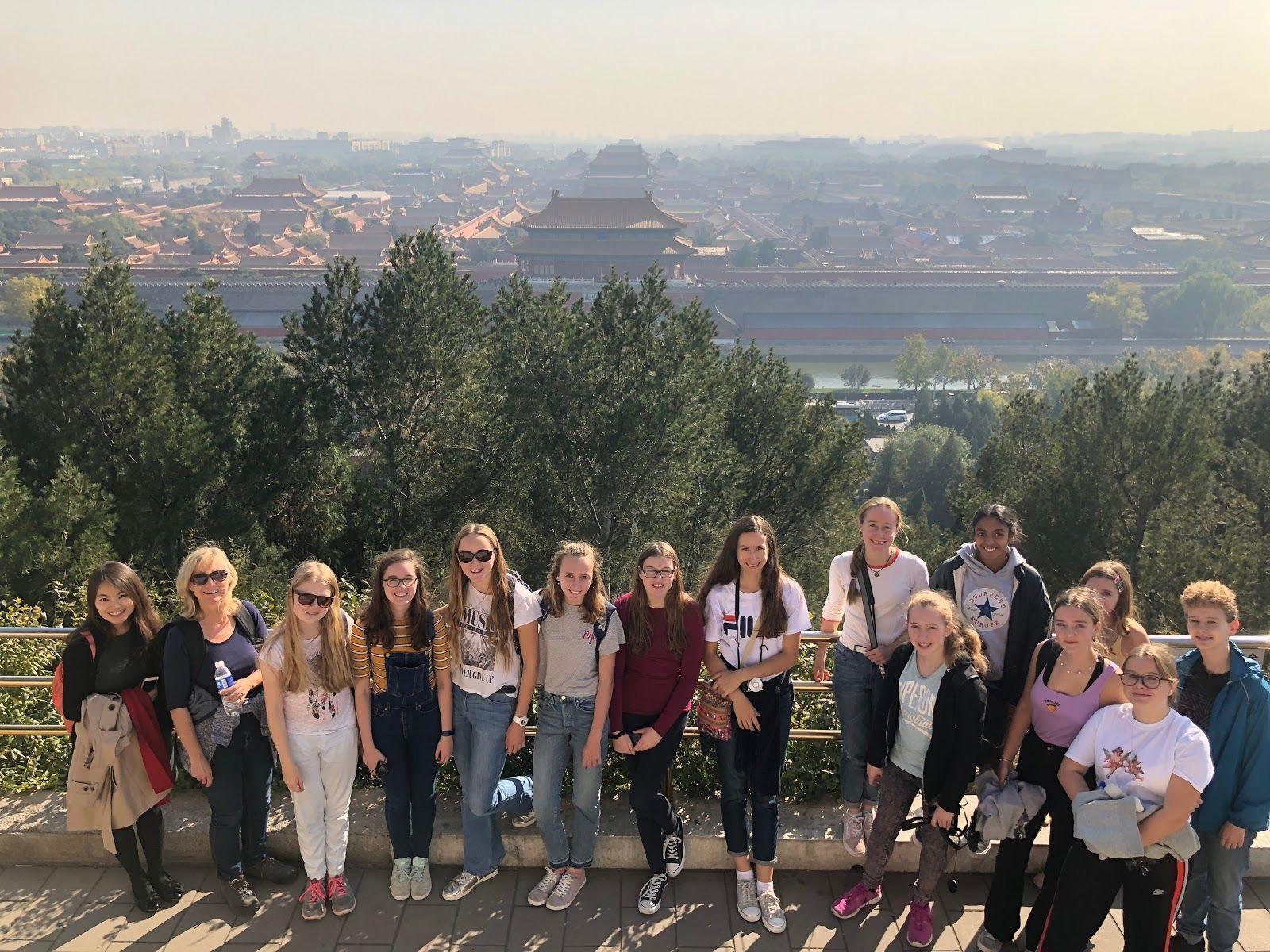
Music IGCSE CIE 0978 (9-1)
This IGCSE course builds on the skills and knowledge that you have gained in your individual instrumental or singing lessons and the Key Stage 3 Music curriculum. It has a strong practical and creative emphasis, which can provide a good contrast to your other subject choices. Whether you see Music purely as a hobby, or are considering further study in the Sixth Form, you should find this course very rewarding.
Course Content
The syllabus focuses on the core musical components of Listening, Performing and Composing. In the Listening course you will explore a wide variety of music as a means of developing your aural perception skills. You will learn about the main historical periods in western music, as well as exploring music from around the world. You will focus in detail on a set work. For the Performing component, you will play or sing a solo piece and offer an ensemble performance. The two pieces can be on the same instrument, but you may use two if you wish. In your Composing lessons you will be introduced to a variety of approaches so that you develop the ability to write music in a style of your own choice. You will also learn about the range and capabilities of different instruments or voices and will be taught to notate your music accurately using computer software. You will submit two pieces for assessment at the end of the course.

Assessment
Your listening skills (40%) are assessed through an examination at the end of the course, in which you will answer questions about recorded extracts of music. Performing (30%) is assessed as coursework, from recordings that have been made either during normal lesson time or in concerts. Composing coursework (30%) is completed in lesson time throughout the course.
Physical Education GCSE Edexcel 1PE0 (9-1)
The GCSE in Physical Education is an exciting course for those of you who want to take your interest in and enthusiasm for sport and physical activity further. The course will equip you with the knowledge, understanding, skills and values needed to be able to develop and maintain your performance in physical activities. You will also gain an understanding of how physical activities benefit health, fitness and well-being along with the body systems involved in sport.
Course Content
The course is both theoretical and practical in content and you will be expected to participate in three sporting activities on a regular basis either at school or in a club outside of school. One of these activities must be a team activity, one must be an individual activity and the third is a free choice from the designated sporting list.
The theory unit focuses on two components. ● Fitness and Body Systems This includes applied anatomy and physiology, movement analysis, physical training and the use of data. ● Health and Performance This includes health, fitness and well being, sports psychology, socio-cultural influences and the use of data.
You are also required to produce a Personal Exercise Programme (PEP). You establish an aim, plan, carry out, monitor then finally evaluate your individual PEP over the course of six weeks.
The practical assessment in your sports requires you to demonstrate your practical skills in isolation and in formal or competitive situations. You must have a good knowledge of the rules, tactics and strategies and be able to perform the skills of these sports to a good level.
This course content is taught through both theory and practical sessions.
Assessment
● Component 1: Fitness and Body Systems Written examination: 1 hour and 45 minutes, 36% of the qualification The assessment consists of multiple-choice, short-answer, and extended writing questions.
● Component 2: Health and Performance Written examination: 1 hour and 15 minutes, 24% of the qualification The assessment consists of multiple-choice, short-answer, and extended writing questions.
● Component 3: Practical Performance 30% of the qualification, 105 marks (35 marks per activity) 1. Skills during individual and team activities 2. General performance skills The assessment consists of students completing three physical activities from a set list. One must be a team activity. One must be an individual activity. The final activity can be a free choice. This is internally marked and externally moderated.
● Component 4: Personal Exercise Programme (PEP) 10% of the qualification (20 marks) The assessment consists of students producing a Personal Exercise Programme (PEP), and will require students to analyse and evaluate their performance. This is internally marked and externally moderated.
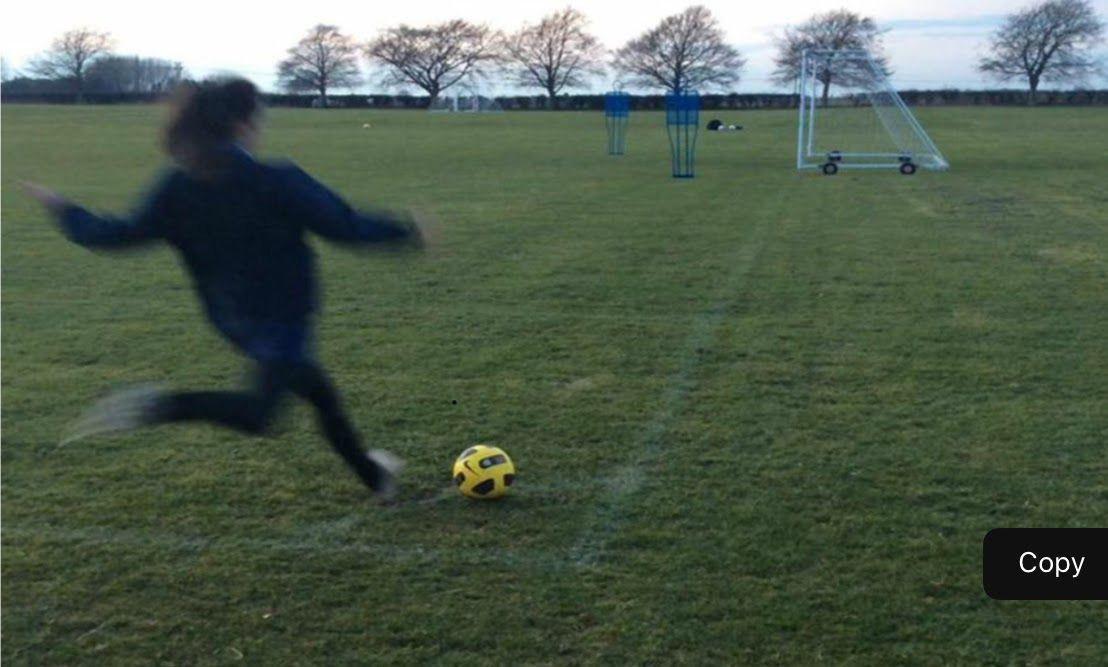
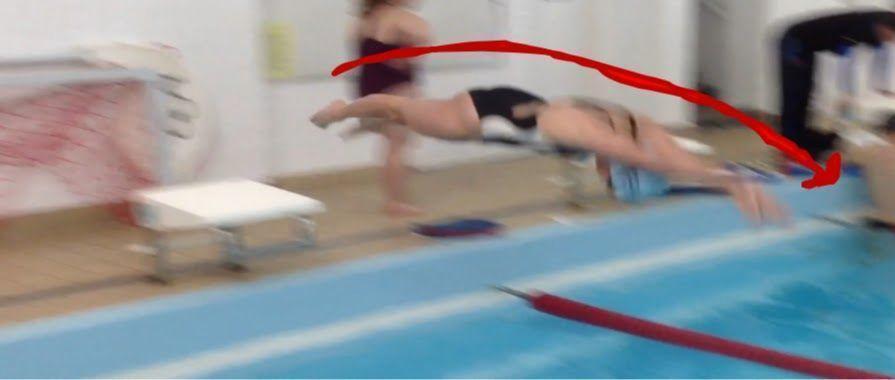
Religious Studies GCSE OCR J625 (9-1)
In studying RS at GCSE, students explore some of the ultimate questions about the nature and meaning of human existence. In the first year, students develop an in-depth understanding of Christianity and Buddhism, learning how these belief systems shape the worldview of their followers and influence the lives of individuals, communities and societies. In the second year, students look more closely at some of the ‘big’ questions of philosophy and ethics, such as ‘Does God exist?’ and ‘Can war be justified?’ . Students learn about the diversity of Christian attitudes and beliefs prompted by such questions, as well as the views and approaches of secular groups, such as humanists.
The course will encourage you to reflect on and develop your own values, beliefs and attitudes. You will learn how to use your knowledge and understanding to analyse questions about religious beliefs, as well as how to construct and articulate your own balanced and well-informed arguments. The critical thinking and communication skills you learn will be of value in any area of future study or career.
Course Content
Component Group 1 - Beliefs and Teachings & Practices
This will involve learning about the beliefs and practices of Christianity and Buddhism, and exploring how these beliefs and practices affect the lives of their followers. It will also involve reflecting on the truth, meaning and value of these beliefs and practices in a diverse religious and non-religious society.
Component Group 2 - Religion, Philosophy and Ethics in the Modern World
This will include the study of different philosophical and ethical arguments and their influence and impact on the modern world from a Christian perspective.
There will be four themes of study: ● Relationships and families: roles of men and women; gender prejudice and discrimination; equality The existence of God: the ways in which God and the nature of reality might be understood Religion, peace and conflict: violence, war, pacifism, just war theory, terrorism; concepts of justice, peace and reconciliation Dialogue within and between religious and nonreligious beliefs and attitudes: a study of a range of attitudes towards those with different religious and secular views.
Assessment
Two 1-hour papers in Component Group 1. One 2-hour paper in Component Group 2. There is no coursework.
The Non-examined Core
Enrichment
Our enrichment activities provide the opportunity to have new experiences and build on existing interests. Enrichment activities happen on Tuesday and Thursday afternoons. Being involved in these activities gives students the potential to participate in the local community, be active, be creative, engage with international issues, and work with others.
Enrichment is a great way for you to gain important key skills. By the end of the year you should have gained all 10 key skills through Enrichment:
1. 2. 3. 4. 5. 6. 7. 8. 9. 10. Communication (Speaking, Listening, Writing) Problem Solving Planning and Organisation Reading for meaning/textual analysis IT skills Leadership and initiative Creativity Reflective Thinking Teamwork (Working Collaboratively) Engaging with issues of Global Importance
Year 10 will have compulsory sport once a week so one of your days will have to be a sport option. Here is an idea of some of the Enrichment lessons:
Badminton Basic Arabic Beginners Chinese Coding Cricket Debating Theatre Business Psychology Art Music Football Hockey Netball MUN Rowing Science Yoga
PSHEE/RSE
In Years 10 and 11, students receive timetabled lessons with dedicated teachers to cover PSHEE (Personal, Social, Health and Economic Education) and RSE (Relationships and Sex Education) topics.
These lessons cover a number of areas, with the aim of supporting students with all aspects of their wellbeing, both now and in the future. There is a strong focus on mental health and wellbeing, and on recognising and learning how to respond to difficult emotions, including stress, and how to seek help and support.
These lessons also cover much of the statutory Relationships and Sex Education currculum content that, as of 2020, all students in the UK have to learn about before reaching the end of Year 11. In Years 10 and 11, this includes discussing consent and how it can be communicated, and the role of technology in relationships. Students also learn about recognising healthy relationships, and the characteristics of abusive or coercive relationships. Topics such as contraception, pregnancy and fertility, and sexually transmitted infections are also revisited and further explored. Across all topics, lessons stress the need to recognise and use reputable sources of factual information about issues like sexual health, as well as conveying information about what the law says regarding sexual activity and behaviour in relationships. Underlying all lessons is a consistent message about the importance of respect, communication and trust in all relationships.
Inspire and Guide
This course supports our academic programme providing the guidance needed to make fully informed choices for the next stages of academic study (such as A levels, IB) and the world of work whilst also being inspired by a series of external speakers. The programme is based in careers education but delivered in a bespoke maner to meet the expectations of Stephen Perse students and to keep it up to date and interesting! In addition to external speakers, highlights include talks about future job markets, university course choices and careers, and workshops designed to enable you to compile your own portfolio of qualifications, skills and experiences in preparation for advanced study and employment. Taster sessions to gain further insight into how subjects are taught at sixth form are included after school and off timetable to help students with their decision making, whilst also introducing students to subjects offered at post 16 that are not taught at GCSE such as Psychology, Sociology, Politics, Economics and more.
The Year 10 programme includes sessions which are designed to make you think and to expand your horizons, sometimes by considering issues of current affairs. You will be helped to consider aspects such as how to choose A level/IB subjects for the Sixth Form and continue your work with the university platform Unifrog to log activities and competencies. Further aspects of Unifrog will also be developed in preparation for Sixth Form choices. In addition, you will undertake further psychometric testing through Morrisby and use this platform to support your academic choices in light of future career goals. Preparation for choosing sixth forms and work experience is discussed.
The Year 11 programme is also a mix of talks, discussions and workshops led by visiting speakers, together with input from our own teaching team and with assistance from our Sixth Form students when it comes to helping you to make your subject choices. We help you formulate your CV and to make applications for internships and other such opportunities whilst drawing information from Year 9-Year 11 together in a guidance portfolio that enables you to move on to Sixth Form with clear directions.
Clubs, Support and Enrichment
We have a large number of lunchtime and after school clubs, support and enrichment sessions, many of which are open to students in Years 10 and 11. A list of what is currently on offer is available to students via the Student Blog.
